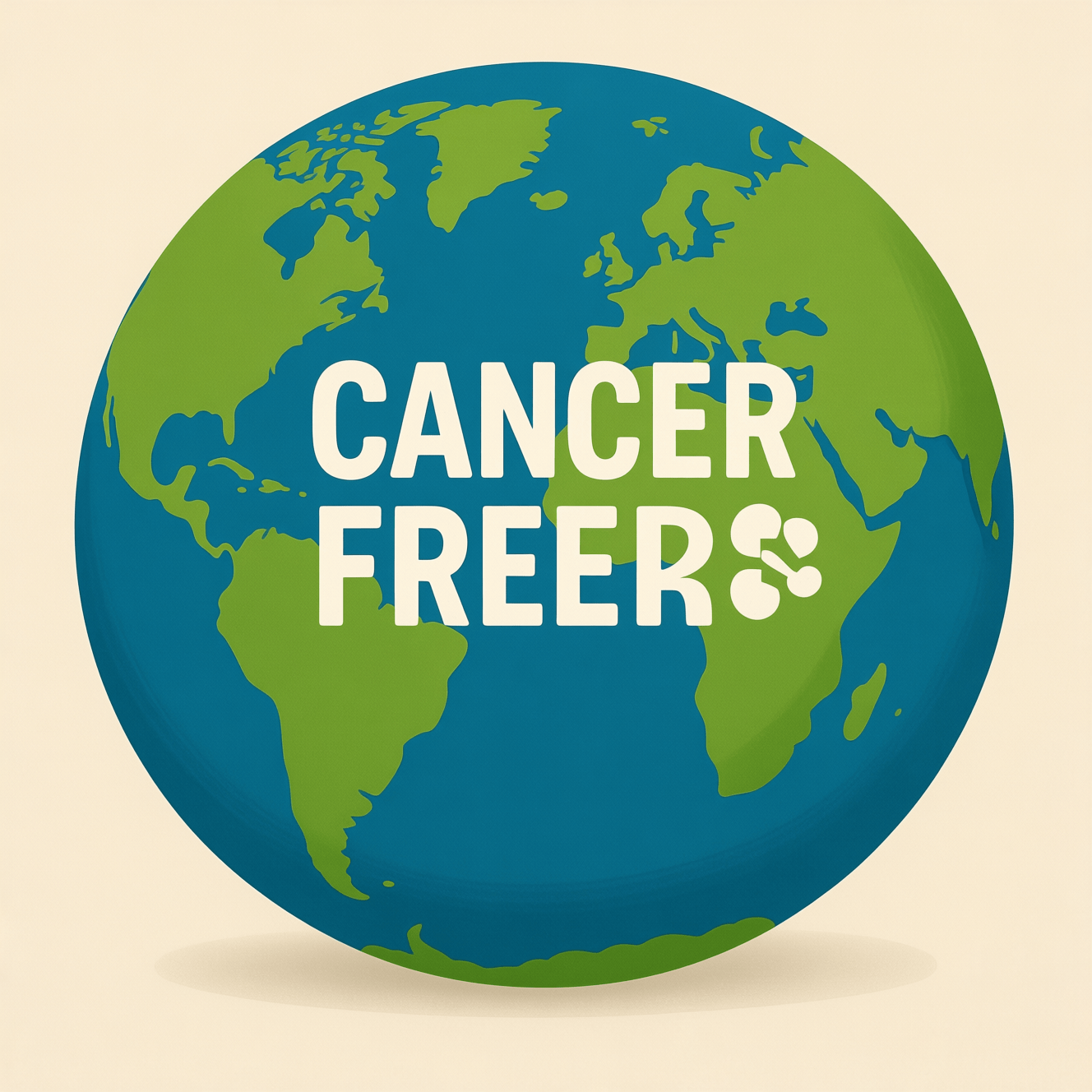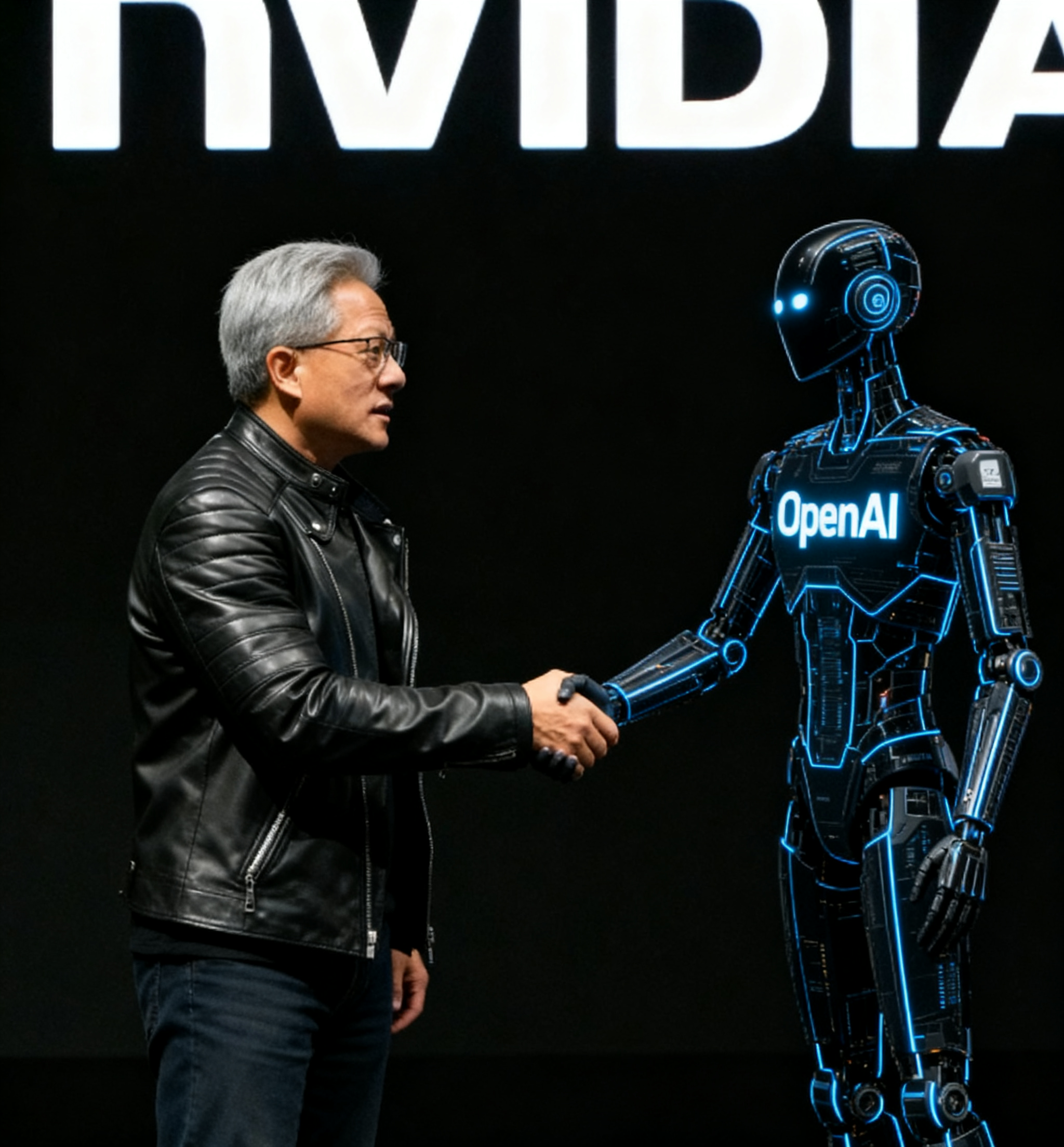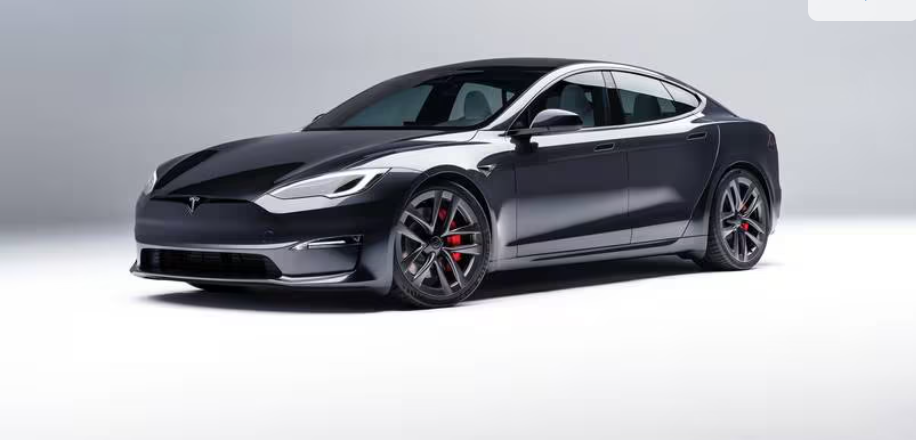Russia claims to test the first AI-powered mRNA cancer vaccine in 2025, free for patients. Explore benefits, risks, cost, and global trials in USA, UK, and Germany.
Introduction to mRNA Cancer Vaccine
Cancer has remained one of the most challenging diseases of our time, killing millions each year despite decades of research. Traditional treatments such as chemotherapy, surgery, and radiation have improved survival rates, but side effects and relapses still remain a critical issue.

Across the world, scientists are searching for solutions which are more personalised, less toxic, and more efficient.
In December 2024, Russian health authorities announced that researchers in Moscow had created what they described as the first mRNA cancer vaccine, and hinted that testing would begin in 2025 with free access for trial patients. This bold announcement quickly made international headlines with titles like “End of Cancer?”, offering hope but also raising concerns about credibility and scientific transparency.
What is an mRNA Cancer Vaccine?
Messenger RNA (mRNA) vaccines became well known during the COVID-19 pandemic, when Pfizer and Moderna used the technology to create vaccines in record time. Instead of using weakened viruses, mRNA acts like a coded message, instructing the body’s own cells to produce specific proteins which the immune system can recognise and attack.
Applied to cancer:
- Scientists identify key mutations in a patient’s tumour.
- Using artificial intelligence (AI), they quickly design an mRNA “recipe” tailored to those mutations.
- The injected vaccine makes the body produce tumour-specific proteins.
- The immune system learns to see these proteins as “danger signals” and begins destroying the tumour cells carrying them.
This AI + mRNA hybrid could revolutionise oncology because vaccines can be quickly personalised for each patient’s unique tumour DNA something traditional drugs cannot achieve.
Why is Russia’s mRNA Cancer Vaccine Claim Significant?
Russia’s Ministry of Health reportedly backed the vaccine’s pre-clinical development in late 2024 and claimed that initial human trials would begin in 2025. State media emphasised that patients could access doses “free of charge” under the trial scheme.
- If true, it would mark the world’s first official rollout of an AI-assisted, mRNA-based cancer vaccine.
- However, the wider scientific community has been cautious. No peer-reviewed studies or international trial data have been released yet.
- Experts from Europe and the U.S. warn that while the announcement is promising, extraordinary claims require convincing, transparent evidence.
So, while Russia may indeed be running experimental trials, validation from global oncologists is still needed.
Benefits of mRNA Cancer Vaccines
If successful, such vaccines could offer:
- Personalisation: Each patient’s vaccine could be tailored to their tumour mutations.
- Lower toxicity: Compared to chemotherapy, immune-based treatments are expected to have milder side effects.
- Speed: AI algorithms make identifying tumour targets and designing vaccines much faster.
- Prevention of relapse: Could help stop cancer recurrence post-surgery.
- Applicability: Trials for melanoma, pancreatic, breast, and lung cancers are already showing promise.
Risks and Limitations of mRNA Cancer Vaccines
Despite optimism, experts highlight some risks:
- Short-term effects: Fever, fatigue, injection-site pain similar to COVID-19 vaccines.
- Long-term safety: Still unknown. Clinical trials often take years to establish.
- Overactive immunity: There is a risk vaccines may overstimulate harmful immune responses in some patients.
- Cost: Analysts estimate $100,000 to $200,000 per patient in the U.S. and Europe, because each vaccine must be uniquely produced.
- Trial credibility: Without transparent data, Russian claims remain more political than scientific for now.
Global Status in 2025
- USA: Moderna, in partnership with Merck, is testing a personalised melanoma vaccine. Phase 2 trials showed reduced recurrence. FDA approvals not expected before 2026–2027.
- UK: The NHS and BioNTech have pledged to treat up to 10,000 patients with cancer vaccine trials by 2030.
- Germany: BioNTech already conducting multiple advanced oncology trials.
- Russia: Announced first human trial rollouts in 2025, claiming it would be free, but has released no peer-reviewed published data so far.
- China & India: Both are preparing for early stage research, with China focusing on scalable production and India expected to position itself as a low-cost innovation hub in coming years.
Expected Cost of mRNA Cancer Vaccines
- Russia: Free under stated trial program (limited patients).
- USA & UK: Estimated $100k–$200k per patient. This cost reflects personalised sequencing, AI analysis, and manufacturing.
- Future outlook: Prices may drop when production scales, but the early years will likely be restricted to wealthy patients or state-sponsored care.
Frequently Asked Questions (FAQs)
1. Which country has the mRNA vaccine for cancer?
Russia announced in December 2024 that it had developed an AI-powered mRNA cancer vaccine and would begin clinical testing in 2025 with free availability for trial patients. However, proof outside Russia is still lacking.
2. Is the AI mRNA cancer vaccine available globally?
No. Russia has claimed testing, while the USA, UK, and Germany are still in clinical trials. Experts expect real, approved vaccines could be available between 2026 and 2030.
3. Why is it called AI-powered?
Because artificial intelligence programs analyse tumour DNA faster, helping design personalised mRNA sequences for each patient in days rather than months.
Final Thoughts
The idea of an “AI-powered mRNA cancer vaccine” is one of the most hopeful innovations in cancer research. If Russia’s claim proves accurate and clinical outcomes show real success, humanity could indeed be at the doorstep of a new type of cancer treatment.
However, history reminds us to remain cautious: until international peer-reviewed data confirms the effectiveness, this vaccine is still experimental.
What is certain is that this field is evolving quickly. Whether Russia or companies like Moderna and BioNTech succeed first, the next decade may bring a shift from chemotherapy and radiation towards intelligent, personalised cancer vaccines.
The “end of cancer” may still be a bold headline for now, but science is closer than ever to turning it into reality.
How to Become a Data Scientist in One of the Top 5 Technology Fields
Shocking Fact: Pakistan #1 in Surgical Instruments Production








